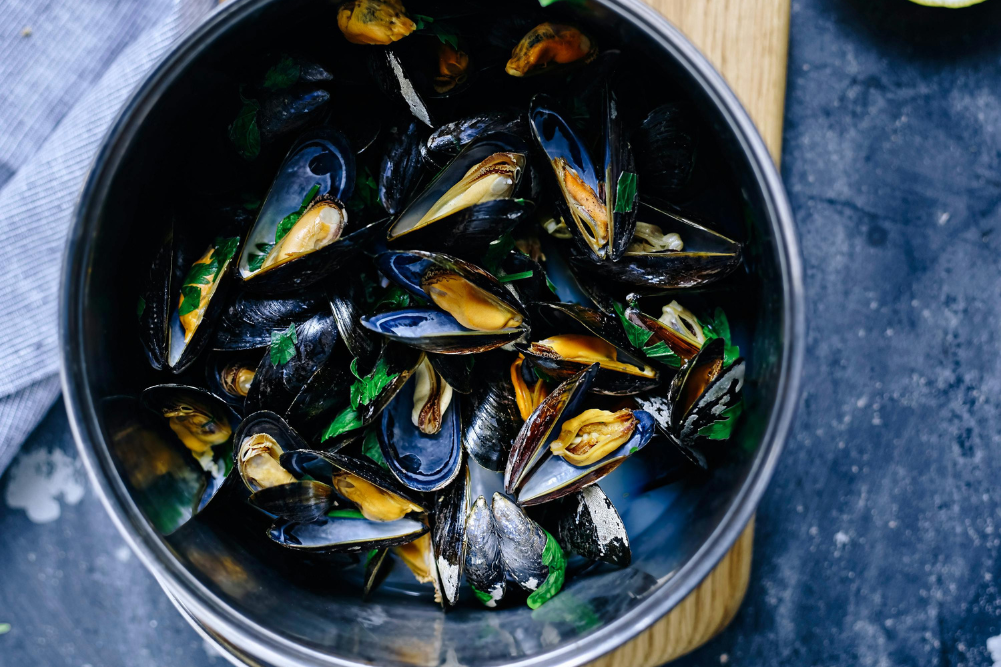The magic of olive leaf: a star supplement
Olive oil gets all the publicity, but olive leaf is another part of the olive tree with equal, if not greater, healing properties than its oily component.
The olive tree is indigenous to the Levant, in the Eastern Mediterranean, but is now grown and used extensively throughout the world. The first Spanish settlers introduced the tree to America. Since ancient times, the olive tree has been utilised for its many medicinal properties.
Active ingredients
The primary constituents of the leaf are the secoiridoids — oleuropein mainly — plus polyphenols, triterpenes, including oleanolic acid, and the flavonoids rutin, quercetin and diosmin. In the plant, these give the tree resistance to damage from pathogens and insects.
Therapeutic uses
Cardiovascular
Olive leaf extract has been shown to improve cardiovascular function by a variety of mechanisms: it reduces platelet aggregation and is powerfully anti-inflammatory and antioxidant. Its anti-atherosclerotic effects are apparent in those consuming a high-fat diet, with supplementation over six weeks lowering LDL and total cholesterol levels, and reducing oxidation of LDLs.
“The fruit thereof shall be for meat, and the leaf thereof for medicine.”
Hypertension
The first report of olive leaf lowering high blood pressure was in 1951 and there have been many studies since. Olive leaf extract has vasodilatory properties that, along with suppression of the L-type calcium channels, are likely to be responsible for its hypotensive action. It also strengthens heart rate.
Diabetes
In rat studies, olive leaf extract was shown to have a hypoglycaemic effect, increasing peripheral glucose uptake, raising insulin levels and thus lowering blood glucose levels and decreasing oxidative damage, when ingested for 16 weeks.
Antiviral
Antiviral research has shown that olive leaf extract strengthens the immune system, decreases viral loads, relieves chronic fatigue associated with viral infections and in HIV reduces the side effects of antiviral treatment regimes. Research on prevention of colds and flu has been positive, with a reduction in the duration of the infection if acquired. Olive leaf extract has shown broad-spectrum antiviral activity as it inhibits the assembly of the viral cell membrane and stops viral shedding.
The various studies investigating the antiviral properties of olive leaf extract have shown it to be effective against a number of viruses, including the parainfluenza viruses, herpes simplex, polio viruses 1, 2 and 3, rhinoviruses, pseudorabies, Coxsackie virus, chickenpox, encephalomyocarditis and two strains of the leukaemia virus — an impressive list indeed!
Antimicrobial and antifungal
Olive leaf extract has shown antimicrobial activity against a wide range of pathogenic organisms, including Staphylococcus aureus, E. coli, Candida albicans, Pseudomonas fluorescens, Salmonella and Plasmodium falciparum (malaria). It has broad-spectrum activity against bacteria, parasites and fungal and protozoal infections.
It’s thought that, by inactivating the enzymes crucial for pathogen replication, olive leaf inhibits a range of both Gram-positive and Gram-negative bacteria, yeasts and parasites.
Anticancer
Olive leaf extract contains a higher quantity and variety of polyphenols than those found in extra-virgin olive oil, and there are important structural differences. These differences result in olive leaf polyphenols being more anti-inflammatory and more protective against DNA damage initiated by free radicals. This results in the inhibition of progression and development of various cancers, particularly the hormone-based cancers such as breast cancer, where the olive leaf extract also interacts positively with oestrogen receptors and improves outcomes. More research needs to be done in these areas.
Antioxidant and anti-inflammatory
Research in Australia in 2007 showed olive leaf extract had the highest free-radical scavenging activity of the 55 herbs studied — more than twice that of green tea and milk thistle (Silybum marianum).
Neurological
Studies on olive leaf extract have shown reduction in symptoms of Parkinson’s and Alzheimer’s diseases. Its neuro-anti-inflammatory and antioxidant effects have indicated improved blood brain barrier permeability, a reduction in brain oedema and improved scores of neurologic deficit when taken during and after cerebral artery occlusion. Olive leaf extract also reduced pain scores via an analgesic action.
Gastrointestinal
While rat studies were used to check the effects of olive leaf extract on the gastric mucosal defence systems, these showed that significant gastro-protective activity, a mucosal anti-ulcer effect even if induced by aspirin, provided by olive leaf extract was comparable to the action of the common drug ranitidine. It was suggested that this effect was due to the antioxidant activity and/or the high quercetin content.
Taking olive leaf
Be careful of concurrent administration with blood pressure medication or blood thinners as it may have a potentiating effect, although this has not been reported and is theoretical only.
The oral dose is 500–2000mg daily as infusions, or 5mL three times a day as a glycetract (liquid preparation using glycerol). These preparations are excellent for children as they don’t contain alcohol. Children’s doses are proportionally lower.
While much of the research has been conducted on rats, overall olive leaf extract is showing enormous promise to deal with a range of human conditions. It ranks favourably against comparable pharmaceuticals and has little or no toxicity. It has been used safely as a medicine and as part of the Mediterranean diet for millennia.








